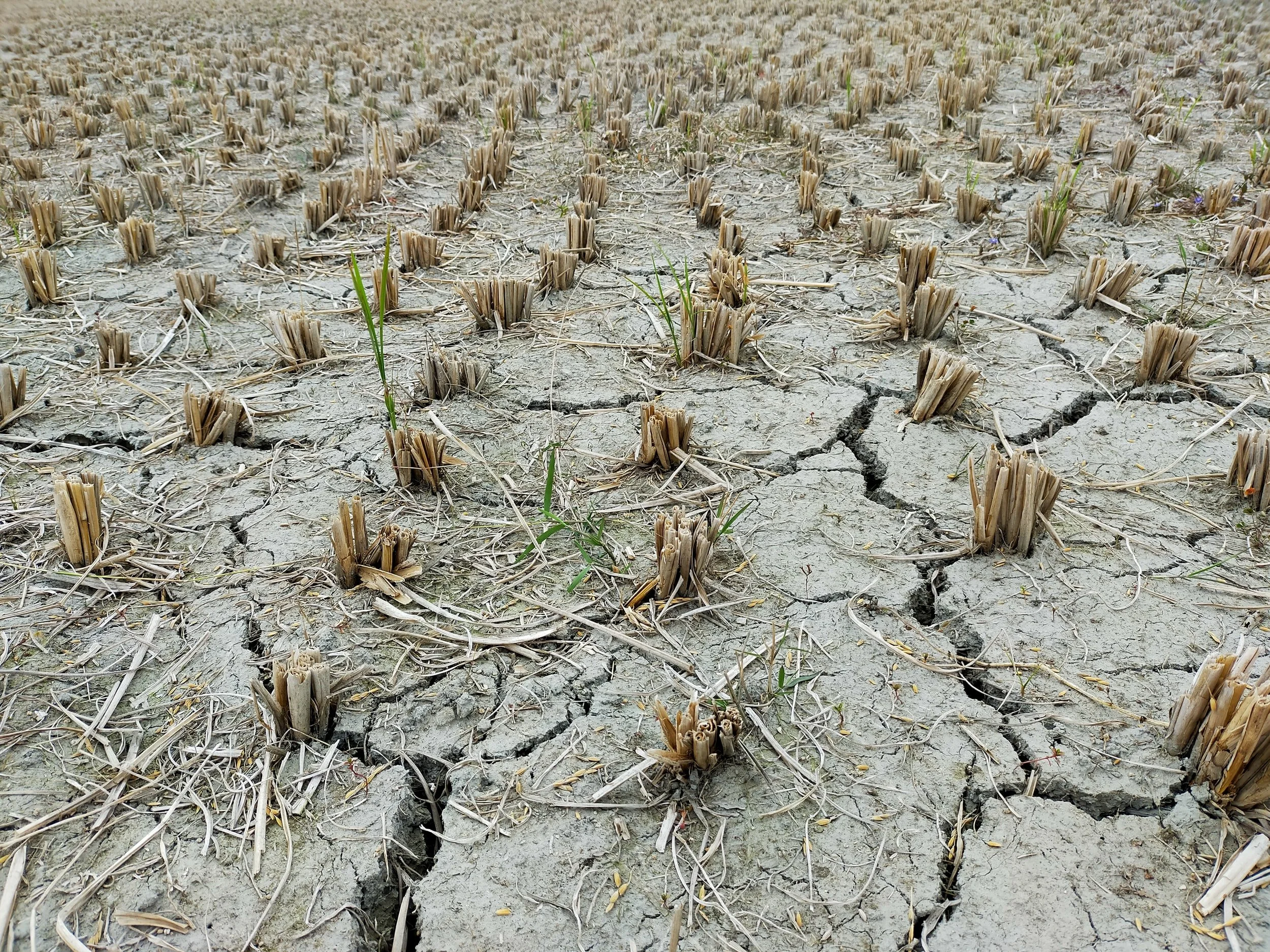Off Panama’s Caribbean coast lies the tiny island of Gardí Sugdub, one of the 50 islands home to the Indigenous Guna people for over 300 years. Now, due to climate change-driven rising sea levels, that home is in severe danger. In recent years, the tiny 1200-foot-long and 450-foot-wide island has experienced severe flooding that has destabilized everyday activities for the community. The ocean is central to the Guna people’s way of life and supports the island's main income streams: fishing and tourism. These have been significantly affected by worsening tidal floods, storms, and strong winds.
US Rhetoric on Climate Change and Migration So Far Not Matched by Action, Leaving Many Vulnerable
Last summer, the United States Bureau of Population, Refugees and Migration (PRM) announced a “new approach to address the impacts of climate change on migration and displacement”. The announcement emphasized the importance of developing “humane policies” and outlined the four principal objectives of the US in addressing the impacts of climate change on migration and displacement. While a promising sign, so far this “new approach” has resulted in little substantive change, all while the US struggles to implement coherent and effective immigration and climate policy.
Climate Change Forcing Many to Flee Honduras, Highlighting Need for Protection
Following an official visit to Honduras, UN Special Rapporteur on the promotion and protection of human rights in the context of climate change, Ian Fry, is sounding the alarm about how climate change impacts are pushing many people to leave the Central American country.
Fry found that communities are facing prolonged droughts, severe flooding events, and coastal erosion and inundation due to climate change. These impacts are “forcing people to leave their homes and seek more sustainable livelihoods” elsewhere in order to avoid starvation and a lack of safe drinking water. Industries that provided stable livelihoods just a few years ago are now being swallowed by rising seas, creating “‘ghost communities with only old people left’”. In one Dry Corridor community the Special Rapporteur visited, drought has forced 80% of residents to leave Honduras, given how limited livelihood options are elsewhere in the country.
Climate-Migration Nexus Garners Attention at Africa Climate Week
Mirroring increased interest in the media and even among the public at large, the link between climate change and forced migration received some high-profile attention during September’s Africa Climate Week and Africa Climate Summit, which ran concurrently in Nairobi in early September.
Perhaps the most notable development of the week was the signing of the Kampala Ministerial Declaration on Migration, Environment and Climate Change (KDMECC-AFRICA). 48 African nations have now agreed to adopt the declaration, which was first put forth in July 2022 and at the time signed by 15 states. The expanded consensus around the declaration represents a major milestone in addressing displacement as a result of climate change in the most climate-vulnerable continent in the world. Parties to the declaration commit to using a “human rights-based approach in the design and implementation of policies relating to the climate change-migration nexus.”
UN Chief's Dramatic Language on Climate Migration May Not Be the Help We Need
Whether in the United States or Bangladesh, we are at a critical juncture regarding climate change and displacement, and it is important to effectively communicate the issues at stake. Unfortunately, the “mass exodus” remark and the explicit linkage to “security” by multiple speakers during the Security Council session, despite coming from international leaders who are understandably frustrated with global inaction, risks sparking fear amongst the public and even policymakers.
Temperature Rise, Increased Droughts Will Cause Widespread Loss & Displacement in Middle East & Beyond
Human migration due to droughts in particular will increase by at least 200% throughout the rest of the 21st century, according to a recent study published in International Migration Review. The Stony Brook University team worked from 16 climate models and social science data to generate their predictions, focusing on two scenarios. In an ‘optimistic’ scenario, in which countries live up to their Paris Agreement commitments, the percentage increase in drought-induced migration stands at 200%. In a pessimistic scenario, based on current energy use and emissions, that number has the potential to reach a staggering 500% increase.







